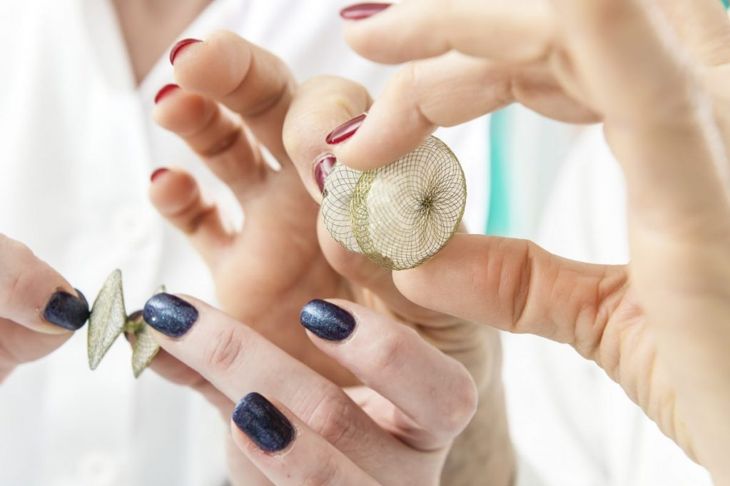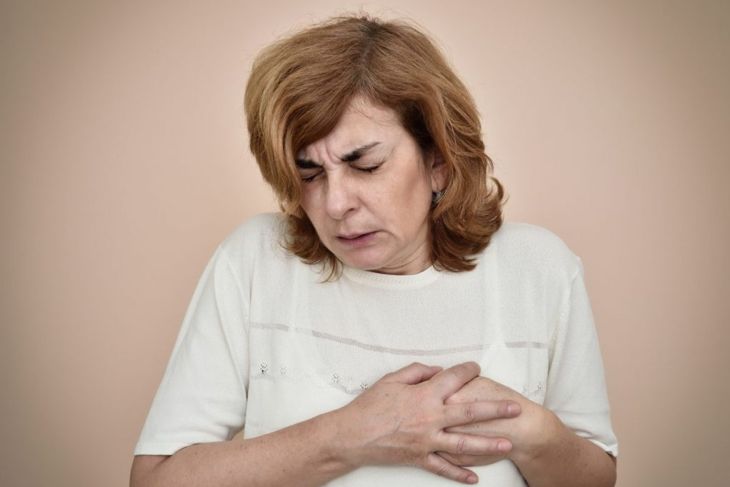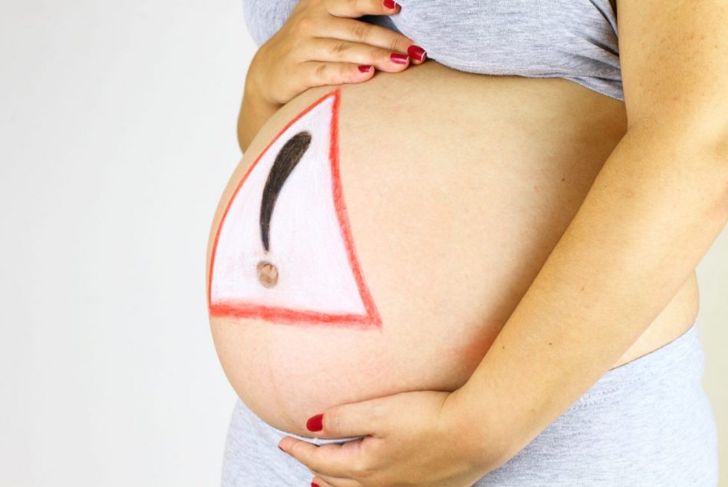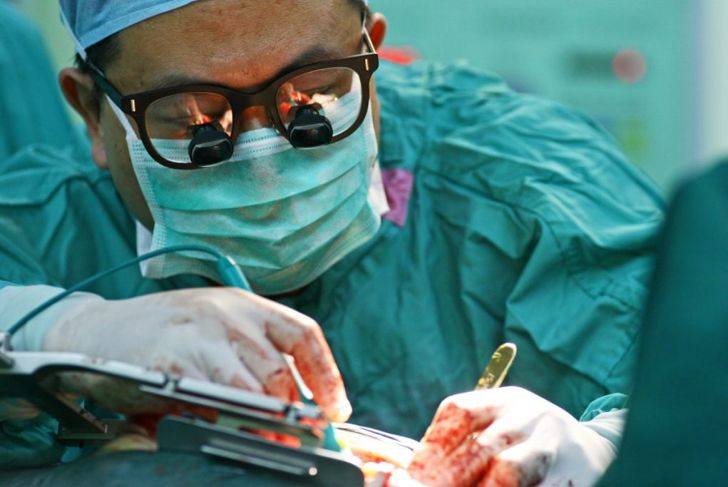An atrial septal defect or ASD is essentially a hole in the wall that separates the heart’s two top chambers. The hole in question forms in the septum or atria and, as a result, oxygen-rich blood from the heart can leak into oxygen-poor chambers of the lungs.
What is an Atrial Septal Defect?
Every child is born with an opening between the atria that helps to direct blood from the lungs while the fetus is in development. Once the child is born, the opening is no longer necessary and will close within weeks to months of birth. Sometimes, this opening doesn’t close completely. As a result, the child will have an atrial septal defect.
How Does the Defect Affect the Body?
Usually, the left side of the heart is the only one that pumps blood to the body. The right side pumps blood to the lungs. For a child with an atrial septal defect, blood from the left side passes to the right and, henceforth, into the lungs. When blood passes from the heart to the lungs, both organs are forced to work harder, resulting in progressive damage to the lung arteries. That said, many adults have a small ASD and do not experience complications.
Can Atrial Septal Defects be Repaired?
No medicine can force an atrial septal defect to close, so surgery is the primary treatment. If the ASD is small, it is likely the hole will eventually narrow or close on its own. Surgeons can close larger defects through open-heart surgery or cardiac catheterization. Cardiac catheterization involves inserting a permanent device into the opening to close the hole. If the hole is in an odd position it can cause more complications; in such cases, surgery is generally done in early childhood.
How Will an ASD Affect Me?
People with a large ASD tend to experience shortages of breath, making exercise difficult and leaving the individual at a greater risk of respiratory illnesses such as pneumonia or bronchitis. With progressive damage to the lungs, pressure rises and people develop more severe limitations to the activities in which they can participate.
How Will I Know if I Have an Atrial Septal Defect?
In most cases, ASD diagnoses come in infancy to early childhood. If the condition isn’t caught early, the subtlety and general nature of the symptoms in adults can make it difficult to diagnose. Symptoms include a sudden decrease in exercise tolerance, shortness of breath, fatigue, and fainting. Without treatment, the risk of stroke, heart failure, or pulmonary hypertension increases.
What Kind of Care is Out There for Adults with ASD?
Even if your ASD was surgically repaired at a young age, anyone who has had an atrial septal defect needs to keep on top of their care. For adults with unrepaired atrial septal defects, most experts recommend follow-ups regularly throughout their lives by cardiology specialists, but people with repaired ASDs should also have periodic cardiac checkups.
What Activities Can a Patient with an ASD Do?
Patients with small ASDs don’t need to take any extra precautions, and they can usually participate in activities without risk unless temporary complications require limitations for a short time. People who have developed pulmonary hypertension as a result of their ASD should refrain from high-level activities.
Pregnancy Risks and Atrial Septal Defects
Once the atrial septal defect is closed, there’s no risk of it re-opening, which means there are few risks associated with pregnancy. If the ASD remains unrepaired or there’s a high risk of high pressure in the lungs, the risks do increase. While treated ASDs can be medicinally controlled, unrepaired ASDs could lead to heart failure during pregnancy. In general, most of the risks that come with pregnancy and ASDs can be monitored by your cardiologist throughout gestation.
What Other Problems May Arise?
Even though the majority of people with small ASDs should be safe, problems can still occur. The same is true for people who have already had surgery. Heart palpitations and faintness should prompt a visit to the cardiologist. Medications such as diuretics can help the heart pump blood in the way it is intended, and blood pressure medications can also decrease symptoms and risks. Furthermore, while pulmonary hypertension is uncommon, patients who also have the condition may need medication for it, as well.
Will I Need More Than One Surgery?
After surgery to close the atrial septal defect, it’s highly unlikely an individual will require more surgery. However, in rare cases of residual holes, a follow-up operation might take place. That said, whether this follow-up surgery is necessary or not largely depends on the size of the new hole. As noted, small ASDs may not need surgical correction at all.

 Home
Home Health
Health Diet & Nutrition
Diet & Nutrition Living Well
Living Well More
More




















